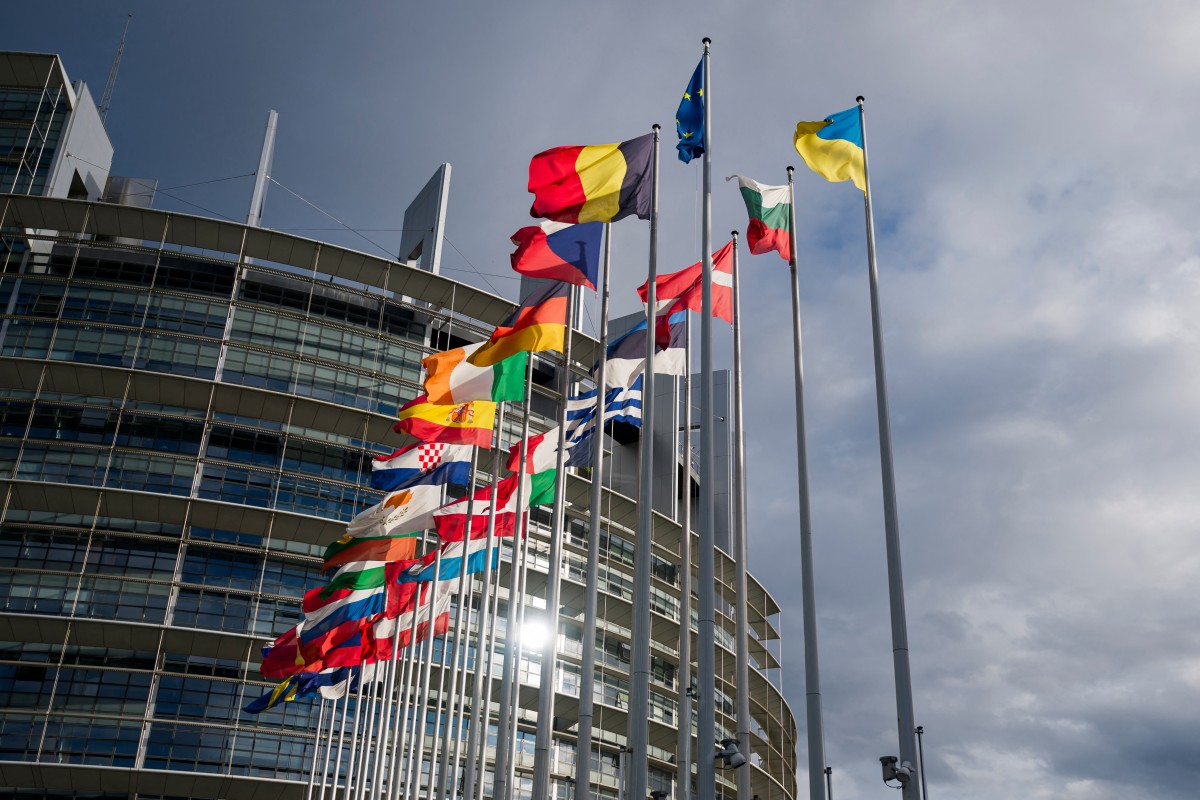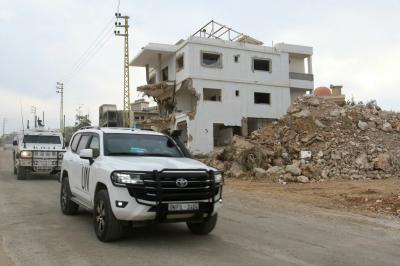The Middle East represents a critical geopolitical arena where Europe's historical dominance has given way to profound marginalization. Despite deep geographical proximity, extensive trade relationships, cultural ties, and direct security stakes, the European Union (EU) and its member states increasingly resemble bystanders in a region they once shaped.
Colonial Legacy, Post-WWII eclipse
European powers, particularly Britain and France, carved the modern Middle East from the Ottoman Empire's ruins after WWI, imposing borders and client regimes. The 1917 Balfour Declaration epitomized this interventionist role. However, the disastrous 1956 Suez Crisis, where the United States and the Soviet Union forced Anglo-French withdrawal after their invasion of Egypt, marked a humiliating end to direct imperial influence and the dawn of superpower dominance. Europe failed to translate colonial administration into sustainable post-colonial partnerships.
Economic Leverage, Inconsistent Norms
In the late 20th century, Europe pivoted to soft power: becoming Israel's largest trading partner, the primary donor to the Palestinians, and a vocal proponent of the two-state solution, which it formally endorsed in the 1980 Venice Declaration. Initiatives like the Euro-Mediterranean Partnership and European Neighborhood Policy aimed to foster stability through norms and economic integration. However, these policies proved ineffective. They failed to address root causes of conflict, often prioritized stability over democratic reform, and lacked enforcement mechanisms. Critically, Europe proved unable to leverage its economic weight cohesively for political ends. Its credibility suffered further from perceived double standards, vociferously condemning Russia's invasion of Ukraine while offering muted criticism of Israeli devastation in Gaza.
Marginalization Accelerated
European missteps compounded its decline. The 2003 Iraq invasion split the EU exposing disunity. The 2011 Arab Spring responses were haphazard: France and Britain helped topple Gaddafi in Libya without a stabilization plan, plunging the country into chaos. Attempts at independent diplomacy, like the E3 (France, Germany, UK) leading the Iran nuclear deal, were undermined by US withdrawal under Trump and renewed sanctions. Europe's mediation attempts in conflicts like Israel-Hamas were routinely ignored. Crucially, Europe lacked hard power projection, while rivals like Russia intervened militarily in Syria and Turkey sent troops into Syria, Libya, and Iraq filling voids. The 2025 US airstrikes on Iranian nuclear facilities, conducted without consulting key European allies actively engaged in last-minute diplomacy with Iran, starkly illustrated Europe's irrelevance on core security issues.
Europe's Influence In Decline
Structural constraints contributed to the erosion of the EU's influence:
- Internal disunity: The most crippling factor is the lack of a coherent EU position. Member states prioritize national interests and historical ties. Countries were divided into a pro-Israel camp including Germany - citing historical "raison d'État" post-Holocaust, Austria, Hungary, and Netherlands. This group focuses on Israel's security.
There is also a pro-Palestinian camp that includes Ireland, Spain, Belgium, emphasizing Palestinian rights and criticizing Israeli occupation; Spain called for suspending the EU-Israel Association Agreement.
A third group presents itself as national mediators, such as France, which maintains ambitions as a regional power with ties to Lebanon and Gulf states, but achieves limited success.
- Hard power deficit: The Middle East remains a region where military capability often dictates influence. Europe's collective defense capabilities are fragmented, underfunded, and reliant on the United States via NATO. While France and the UK retain some expeditionary capacity, they are stretched thin globally (Ukraine, Indo-Pacific). Europe lacks credible deterrence or coercive power independent of Washington, limiting its ability to shape security outcomes or back diplomacy with force. When President Trump disengaged or acted unilaterally such as the 2025 Iran strikes, Europe was caught flat-footed.
- Competition from agile regional and global powers: Russia, Turkey, Iran, and China have actively filled the vacuum. Russia intervened in Syria, struck security partnerships with Egypt and Algeria, and ran mediation forums as in Astana for Syria.
Turkey Military intervened in Syria, Libya, and Iraq, supported Muslim Brotherhood/Hamas, and leveraged refugee flows to pressure the EU.
- Energy Dependencies and Economic Fears: Europe's need for energy diversification post-Ukraine war enhances Israel's (gas) and Gulf states' leverage, making Brussels hesitant to apply pressure over human rights or conflicts. Fears of economic fallout (trade disruption, energy price spikes from Red Sea/Gulf instability) further constrain assertive policies.
What Role Remains for Europe?
Despite the decline, Europe faces compelling interests demanding engagement: One of the most important roles Europe could play is to back the two-state solution and try to push it forward despite the slide of Israeli society to the right. After all, the EU remains the critical humanitarian donor for Palestinians (€193m in 2024) and Lebanon (over €104m). Europe can enhance its impact by demanding unimpeded access and monitoring to ensure aid delivery and linking long-term reconstruction funding (for Gaza) to concrete political processes and governance reforms. Mass recognition of Palestine by key EU states (Germany, France) could shift dynamics. At the same time, the EU must implement targeted sanctions against Israeli settlers engaged in violence and officials inciting it, as well as Hamas leaders.
Yet, the EU has to clean its own house first with the emergence of a nationalist movement in several of its member countries. Should this trend continue, the EU might be forced to adopt a "Europe First" policy.
Please post your comments on:
[email protected]
 Politics
Politics














